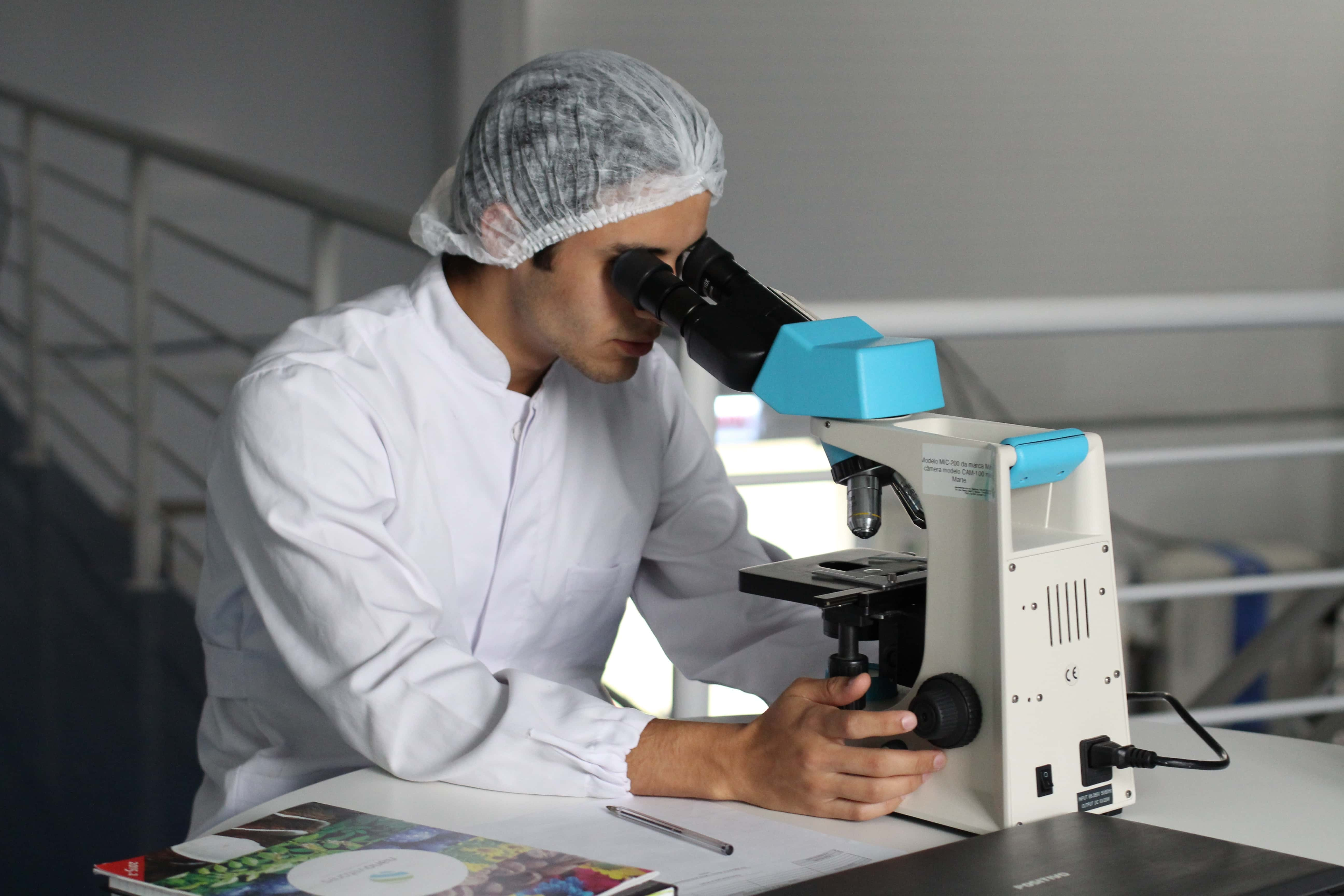
INDIANAPOLIS–Getting a diagnosis of leukemia or sickle cell disease can mean months or years of treatment, and that doesn’t necessarily work. Sometimes a bone marrow or stem cell transplant is the answer and can be a cure. But, sometimes donors are hard to find.
“In any given family each child has about a 30 percent chance of having a match within their family, especially if they have siblings. The likelihood of a match becomes higher, the more siblings you have,” said Dr. Jodi Skiles, who is director of the pediatric stem cell program at Riley Children’s Health.
But, when the siblings aren’t a match, families have to turn to the world-wide stem cell donor registry.
“There’s a stem cell registry. It’s called ‘Be the Match’, and it really is a mechanism for volunteers to sign up to be a donor,” said Skiles.
Brittany Pittman’s daughter was nine years old when she needed a donor.
“I got the phone call when I was at work on Valentine’s Day 2017, saying that she tested positive for leukemia,” she said. Pittman, of Greenwood, took her daughter to Riley the next day.
“I just remember coming home. Everybody’s crying. I just asked ’em like what was wrong. They didn’t answer,” said Alayna Pittman, 12.
“She did some rounds of IV chemo. We were eventually told that her leukemia wasn’t going away with just the IV chemo, that she needed a stem cell transplant,” said Pittman. “All of our family members were tested and we were not a match for Alayna.”
That’s when they turned to the registry. After two weeks a match was found and testing on both the donor and Alayna began. Within a month she was ready for the transplant. Alayna was in the hospital for six weeks and had to have oral chemotherapy for two years. She is considered cured, an outcome Skiles said is typical for people who get stem cell transplants.
She said leukemia, lymphoma and Sickle Cell disease are some of the most common of 40 to 50 illnesses that can be treated with stem cell transplants.
“It’s a really simple process. You just have to swab the inside of your cheek and give us your information so that when we have a patient that is in need, we can search the registry to see if you happen to be a match to that patient,” said Skiles.
Though it’s generally tougher for minorities to find a match, when you donate, it may not necessarily be to someone in Indiana.
“The match program is a national and global program. Signing up as a potential donor in Indiana means you could be donating cells for somebody anywhere in the world.”
She said www.BetheMatch.org is the portal to find out about donating.
Photo by Lucas Vasques on Unsplash


